Though the Tribeca Film Festival doesn’t necessarily attract the same all-night bidding wars as Sundance or the (sometimes controversial) high-heeled glamour of Cannes, it remains a reliable showcase for indie movies and documentaries. Though this year’s slate included a number of higher-profile films—the Kevin Spacey-Michael Shannon historical comedy Elvis & Nixon, Tom Hanks-starrer A Hologram for the King and Susan Sarandon vehicle The Meddler (all released April 22), as well as Jason Bateman’s sophomore directorial feature The Family Fang (April 29) and the Tom Hiddleston black comedy High-Rise (May 13)—it also delivered on directorial debuts, fresh voices and documentaries ranging from the deeply personal to the caustically political. Of the more than 150 films that screened at this year’s festival, here are the standouts you can expect to be hearing about.
Dean
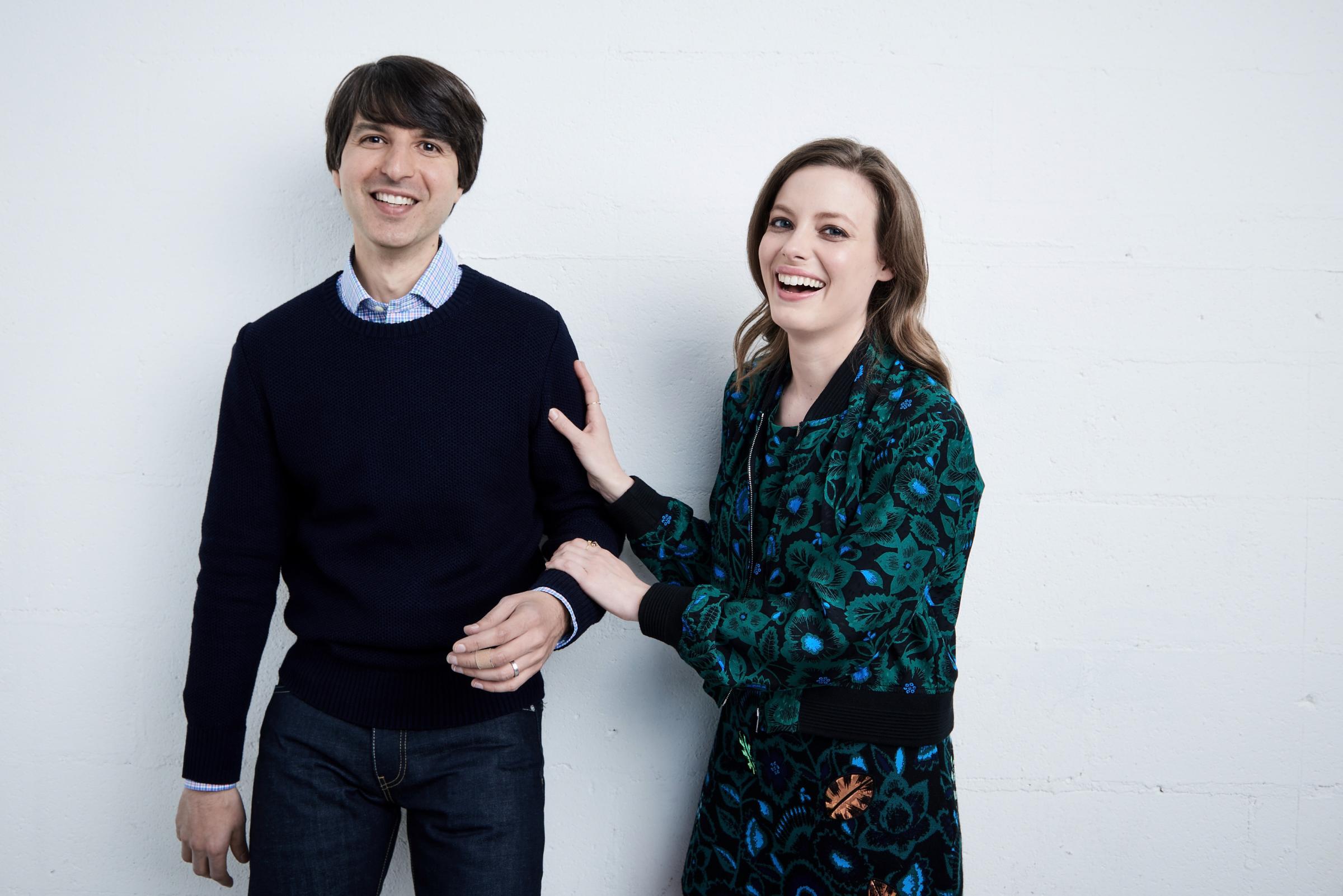
Comedian Demetri Martin’s directorial debut won the festival’s award for Best Narrative Feature in the U.S. Narrative Competition with its tale of an illustrator struggling to emerge from the cloud of grief that’s trailed him since his mother’s death. The film sketches out two parallel romantic narratives—one focusing on Martin’s character and a new love interest played by Gillian Jacobs and the other, more backgrounded, on his father (Kevin Kline) and his real estate agent (Mary Steenburgen)—and has drawn comparisons to Annie Hall and Garden State. Dean will be distributed by CBS Films, though no release date has been announced.
Little Boxes
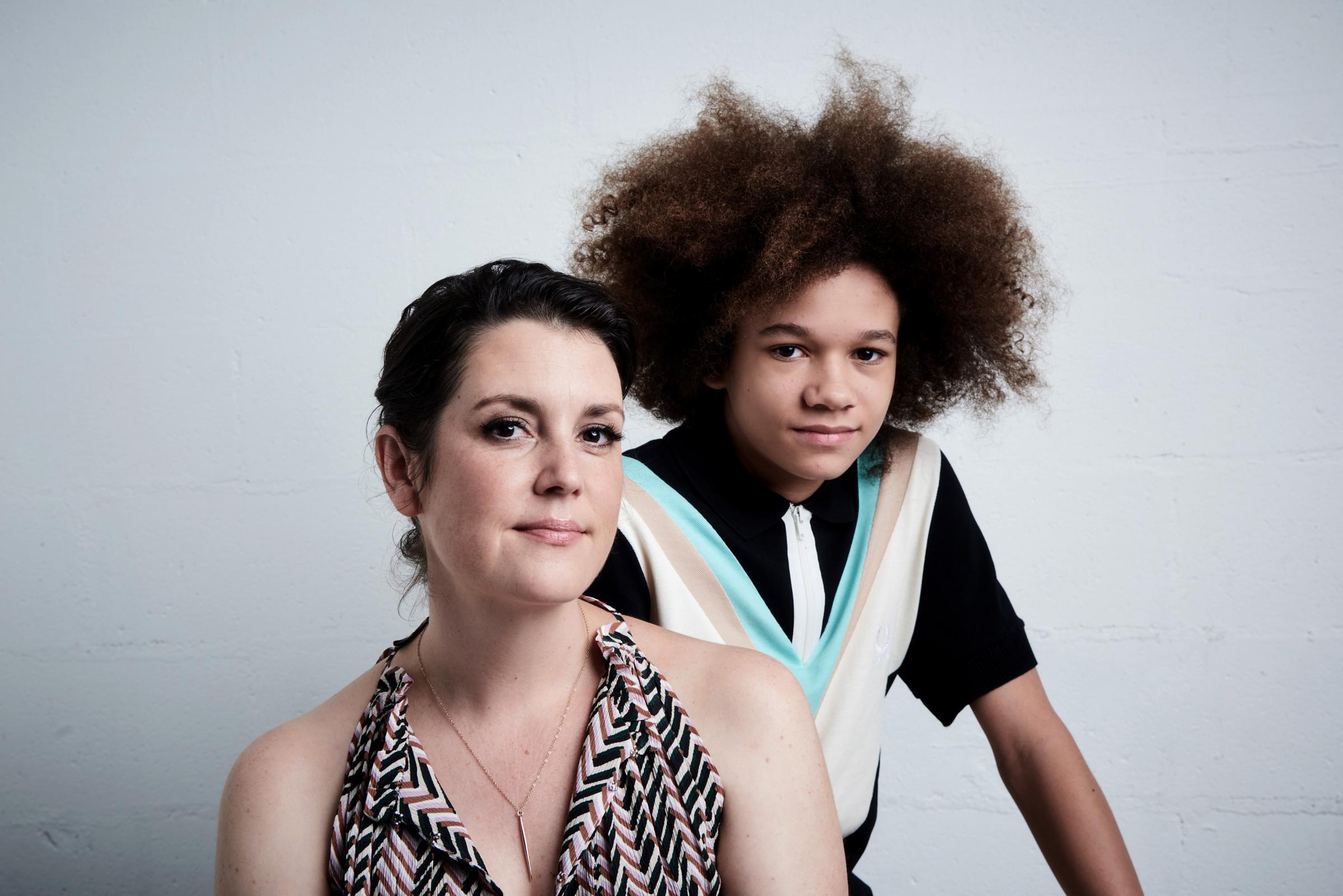
Netflix snatched up this dramedy from director Rob Meyer, no doubt for its nuanced look at the ways in which questions of class and race affect an interracial family relocating from Brooklyn to small-town Washington. The couple (Melanie Lynskey and Nelsan Ellis) and their adolescent son (Armani Jackson) find themselves the targets of subtle (and sometimes not so subtle) racism while also confronting their own privileged, and sometimes just as ignorant, views about their new neighbors.
Don’t Think Twice
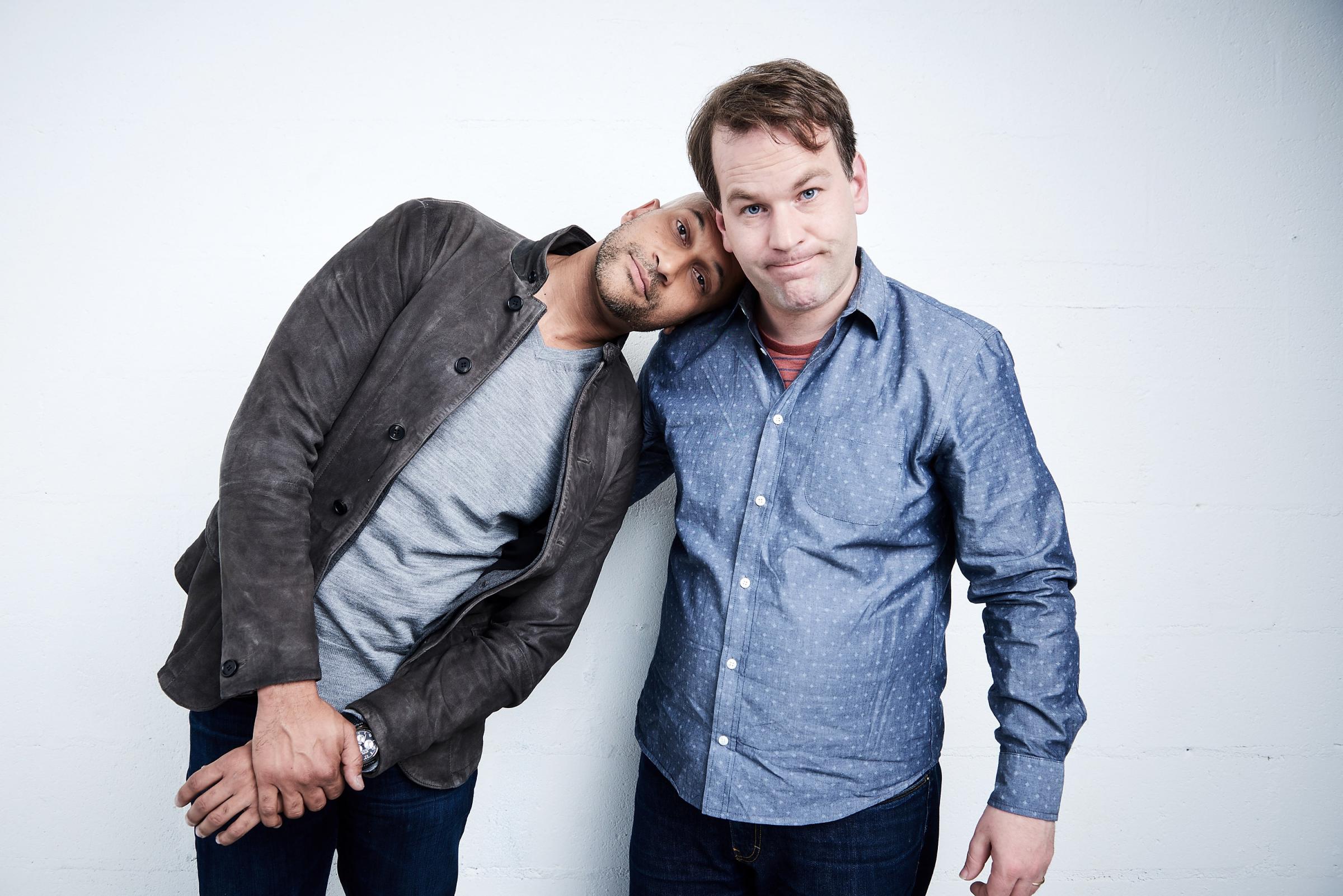
Comedian Mike Birbiglia’s sophomore directorial feature explores what it’s like when someone with whom you’ve logged years in the trenches—in this case, New York City’s improv scene—makes it really, really big. Key and Peele‘s Keegan-Michael Key plays the big shot here, landing on a Saturday Night Live-like sketch show while the rest of his troupe takes a hard, and often brutally funny, look at why they’re stuck handing out hummus samples as their former comrade goes to glamorous after-parties he can’t even get them into. Don’t Think Twice is slated for release on July 22.
Equals
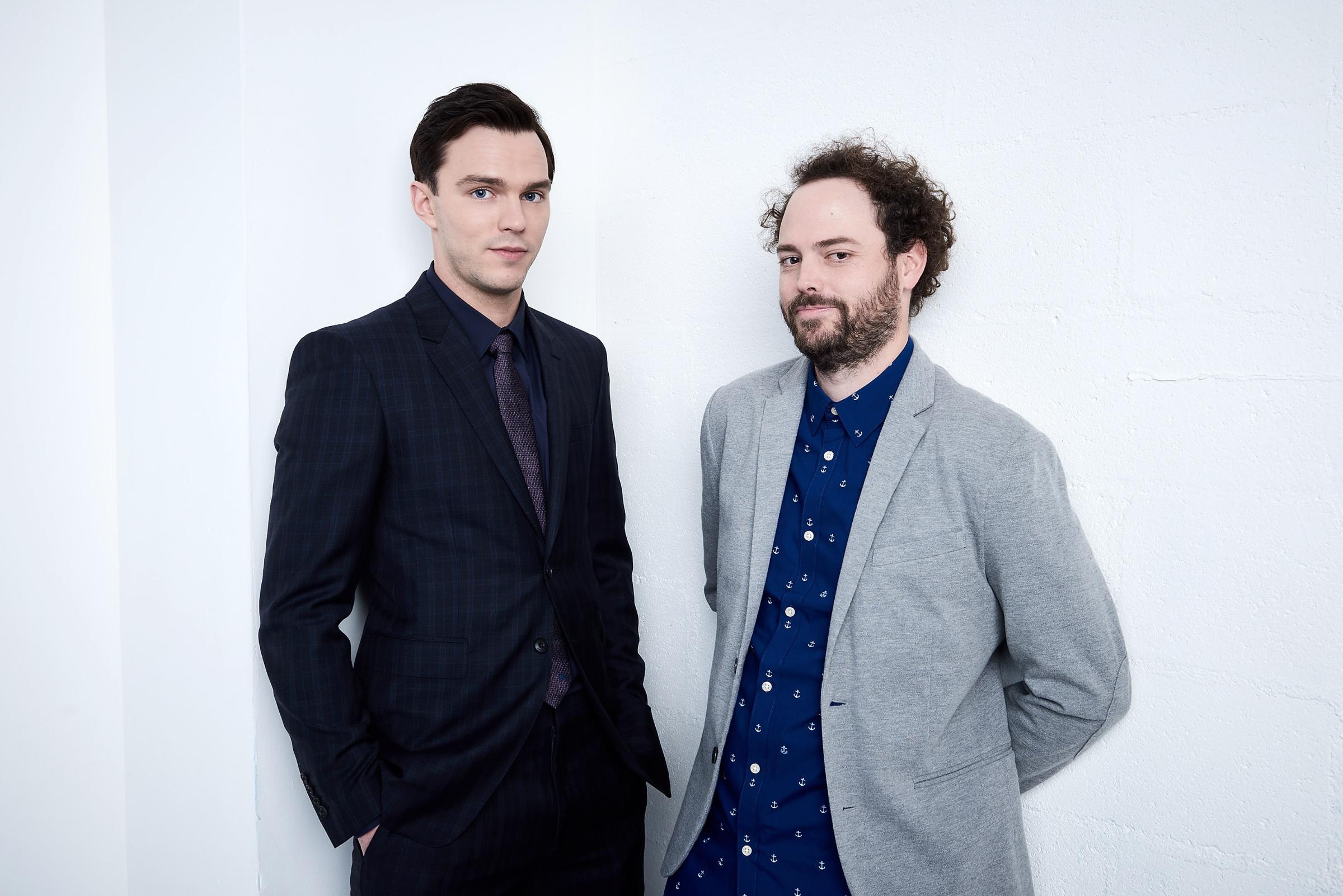
Drake Doremus’ dystopian sci-fi flick finds its protagonists, brought to life by Nicholas Hoult and Kristen Stewart, living in a future in which human emotion is not only verboten but actually prevented by genetic programming. When they both experience a malfunction that allows them to experience love, they’re thrust into a forbidden affair, the discovery of which could spell an untimely death for both. Though its premise about the need for human connection is hardly unexplored, Hoult and Stewart deliver passionate performances, and the stark, monochromatic visuals offer an aesthetically pleasing, if frightfully cold, picture of the future. Equals opens in theaters theaters July 15.
The Phenom
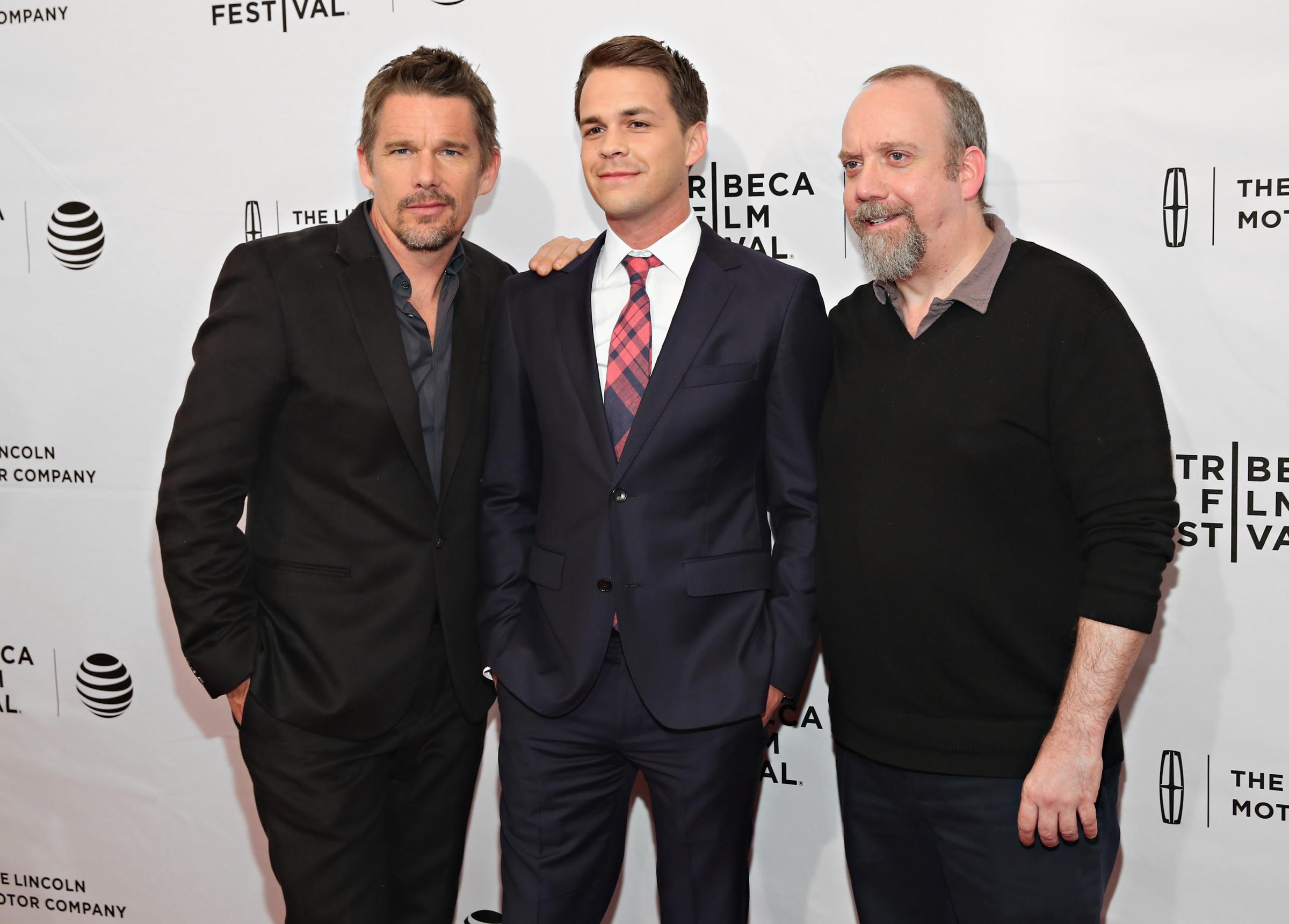
The Phenom is about a baseball player, and that’s about all it has in common with any baseball movie you’ve ever seen. That much is clear from the opening credits, written in a scrawling cursive script over dainty floral wallpaper to the sound of an aristocratic classical score. Johnny Simmons stars as the phenom in question, a high school great who cracks under pressure in the Major Leagues, thanks in part to complex daddy issues (Ethan Hawke plays his beer-guzzling excuse for a father). Paul Giamatti plays his new mental coach, who knows the problem runs much deeper than the mechanics of his wind-up. The Phenom will be released on June 24.
Hunt for the Wilderpeople
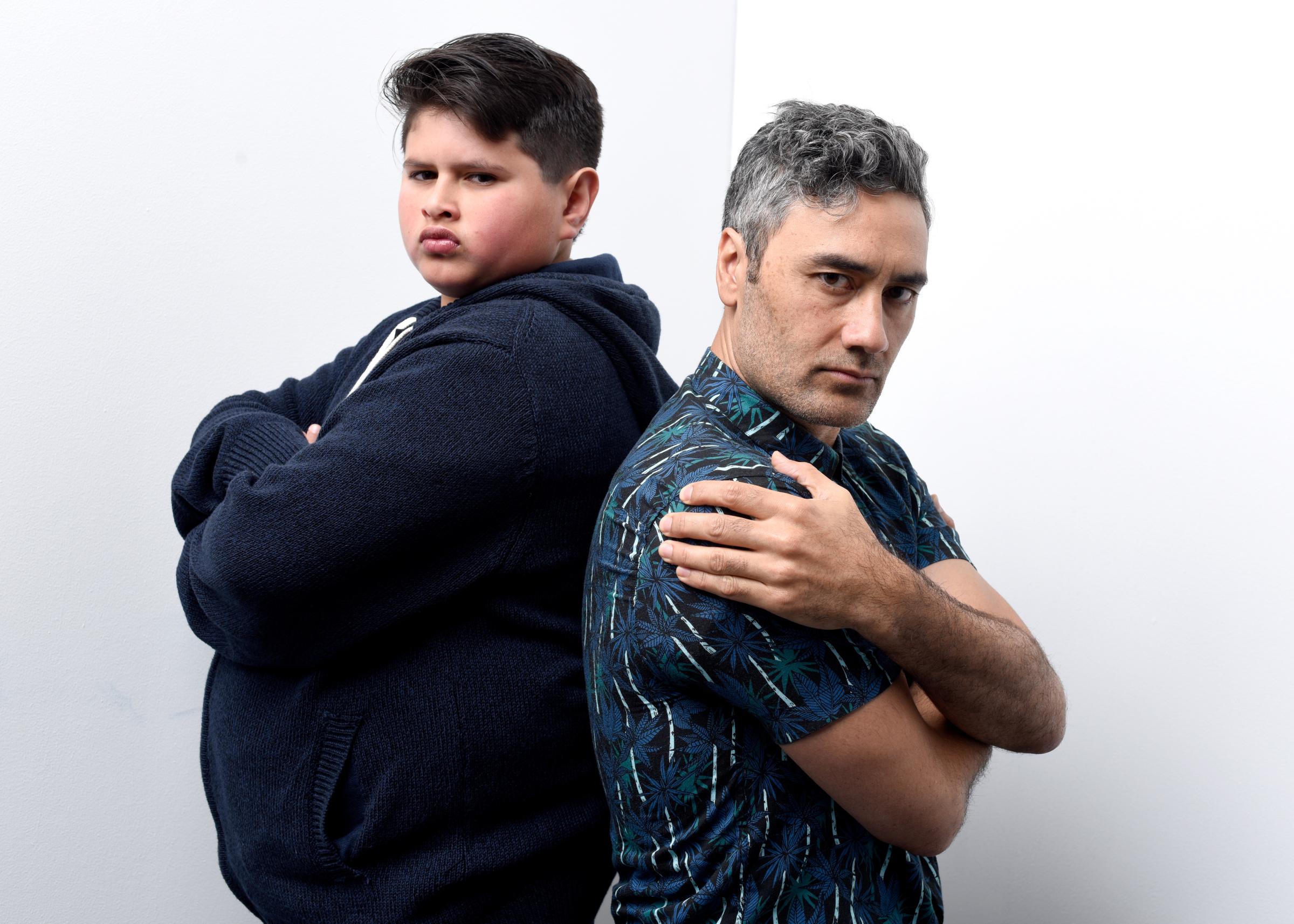
Writer-director Taika Waititi boasts an impressive background in his home country of New Zealand, where his 2010 film Boy remains the top-grossing Kiwi movie, and a bright future with his big-ticket gig helming next year’s Marvel flick Thor: Ragnarok. But this year, first at Sundance and again at Tribeca, he’s in the spotlight for his tale of a tough foster kid teaming up with a 60-something grouch to survive in the bush. An adaptation of Barry Crumps’s novel Wild Pork and Watercress, Hunt for the Wilderpeople hits theaters June 24.
All We Had
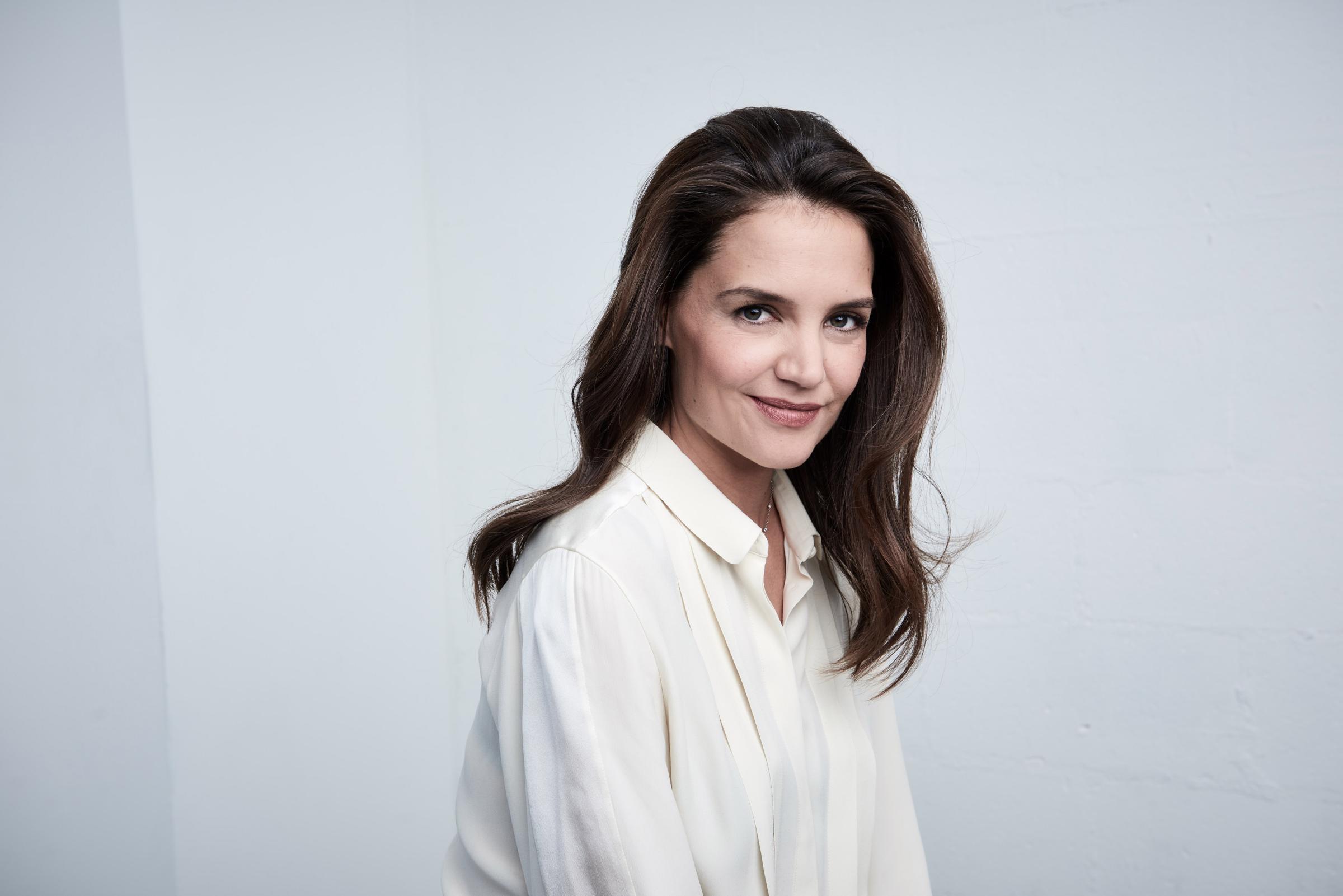
Katie Holmes makes her directorial debut with this adaptation of Annie Weatherwax’s 2014 novel about a struggling mother and her teenage daughter trying to make a home for themselves after bouncing around from lousy boyfriend to lousy boyfriend. With a gentle turn by Luke Wilson and the introduction of promising newcomers Eve Lindley and Stefania Owen, All We Had is an intimate look at the effects of the Great Recession on this family of two. Though some of its meditations on female resilience are spelled out more plainly than they need to be, it’s an impressive first outing behind the camera accompanied by an affecting performance by Holmes.
Life, Animated
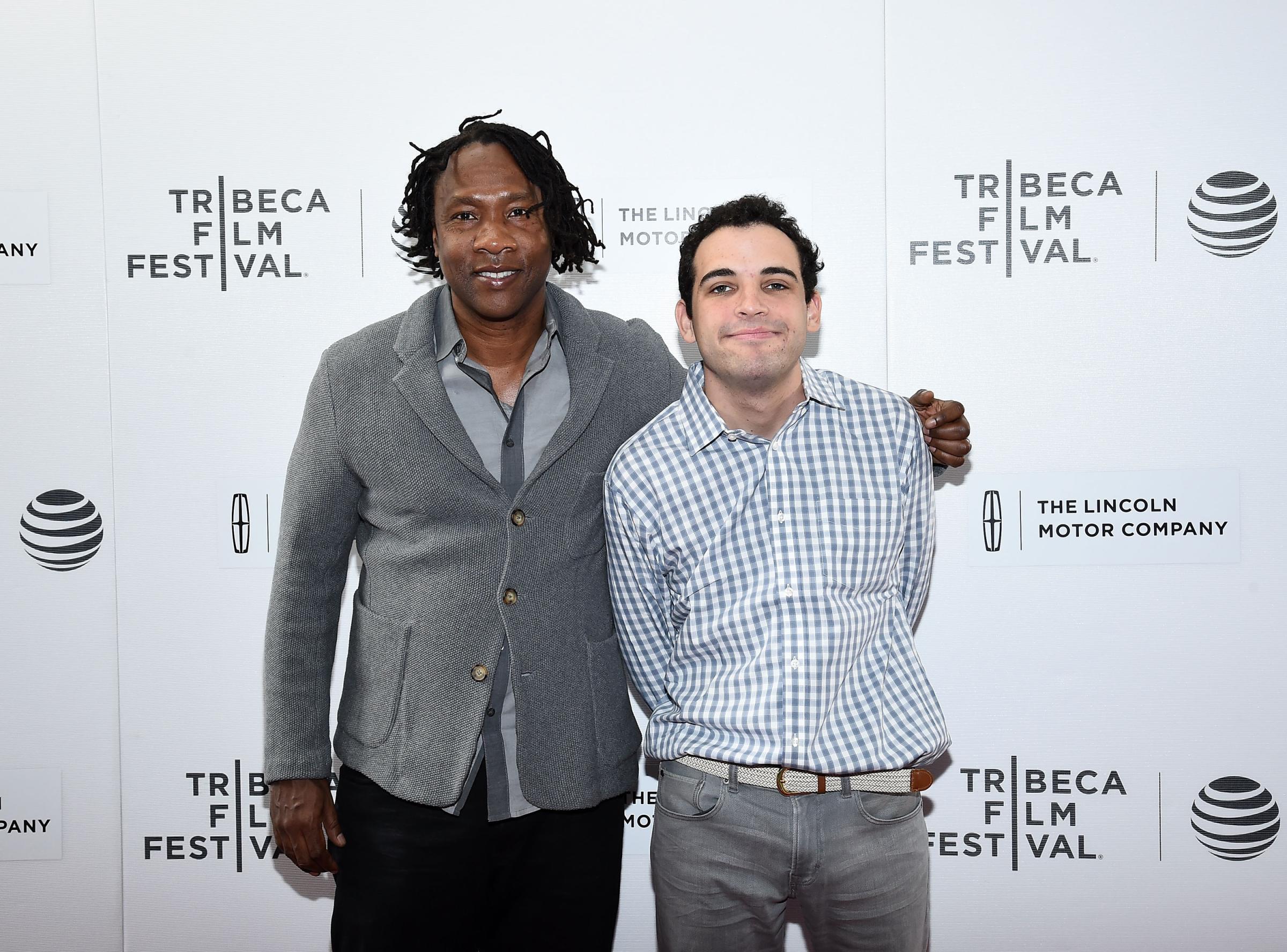
Owen Suskind’s obsession with Disney movies was not your typical childhood fondness for fairy godmothers and talking toys. Suskind, now in his early 20s, is autistic, and was for many years unable to communicate—until he and his family developed a language rooted in the dialogue and songs of Disney movies. Based on a book written by Suskind’s father, Pulitzer Prize-winning journalist Ron Suskind, Oscar-winning director Roger Ross Williams tells the Suskind family’s story in Life, Animated, which will be released on July 8.
Southwest of Salem: The Story of the San Antonio Four
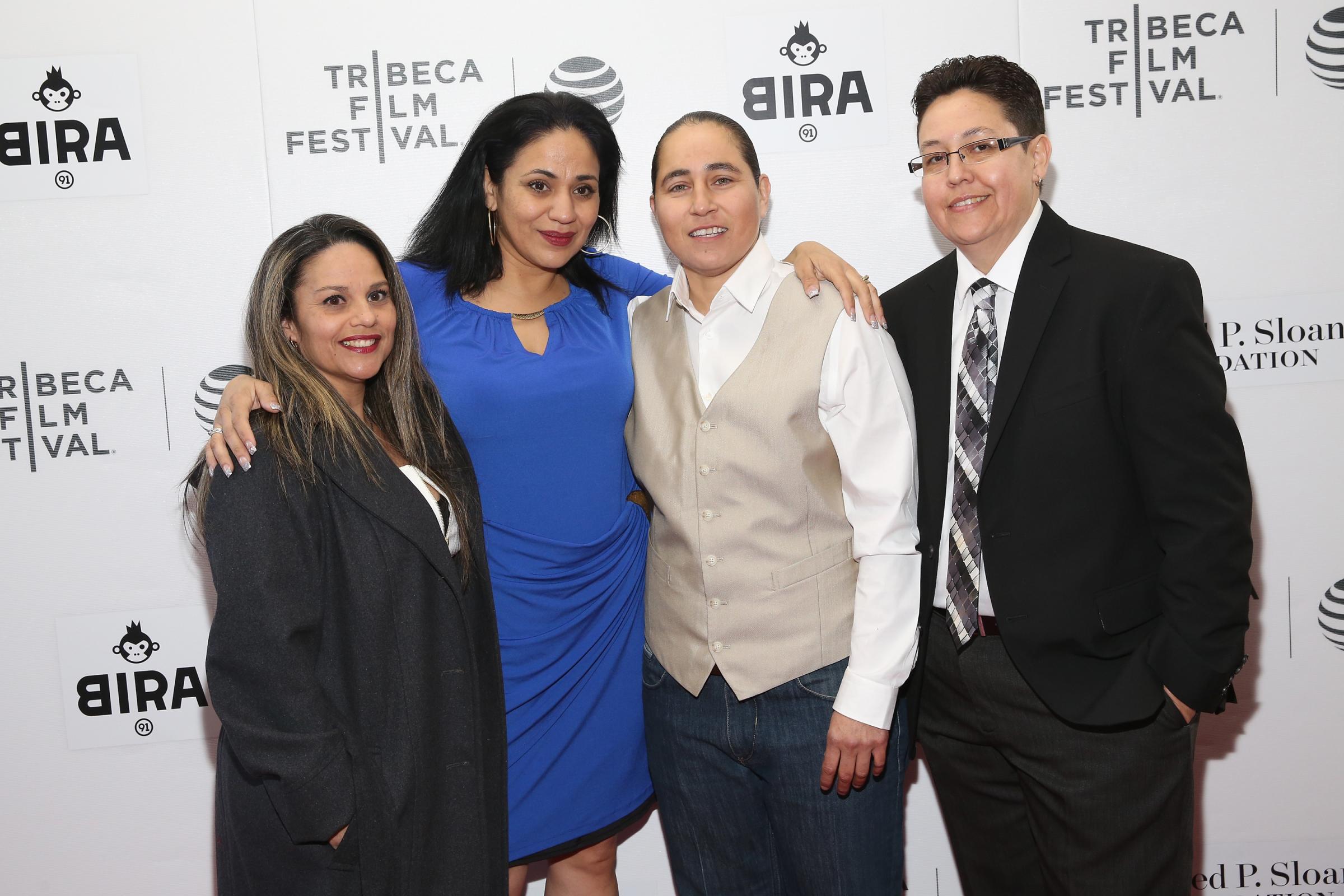
Southwest of Salem has an immediate leg up due to the immense popularity of recent are-they-or-aren’t-they-guilty true crime series like Serial and Making a Murderer. But this documentary by Deborah S. Esquinazi focuses not on the ambiguity of the accusations against four women charged with gang-raping two children, but on the toxically homophobic environment that led to their wrongful convictions in 1994. The film goes beyond the usual trappings of a true crime story to examine yet another way in which the criminal justice system can be derailed by unfounded fear and prejudiced groupthink.
My Blind Brother
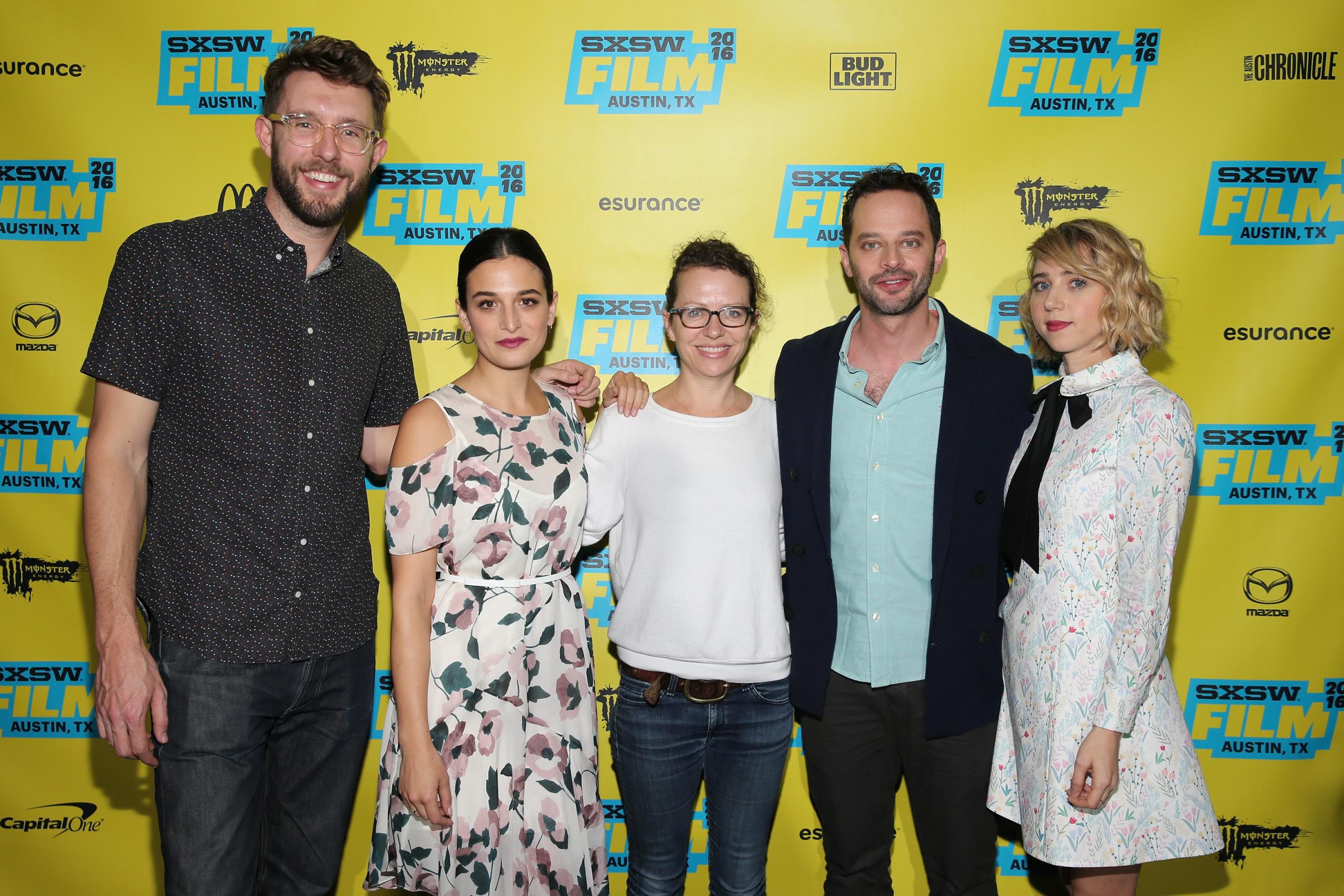
Adam Scott, Nick Kroll and Jenny Slate are a joy to watch in Sophie Goodhart’s film about an unconventional love triangle and a brotherhood strained by guilt and obligation. Kroll’s Bill is a constant companion to his blind brother Robbie (Scott), but Robbie is a cocky attention junkie who never expresses appreciation for his brother’s dedication (the opening scene finds both men having completed a marathon, Bill as guide to Robbie, with the latter receiving a hero’s welcome as his brother is all but ignored). When they both fall for Rose (Slate), things get complicated. Everyone here is flawed and human—the trick is finding a way to become a little less blind to their own flawed humanity.
Women Who Kill
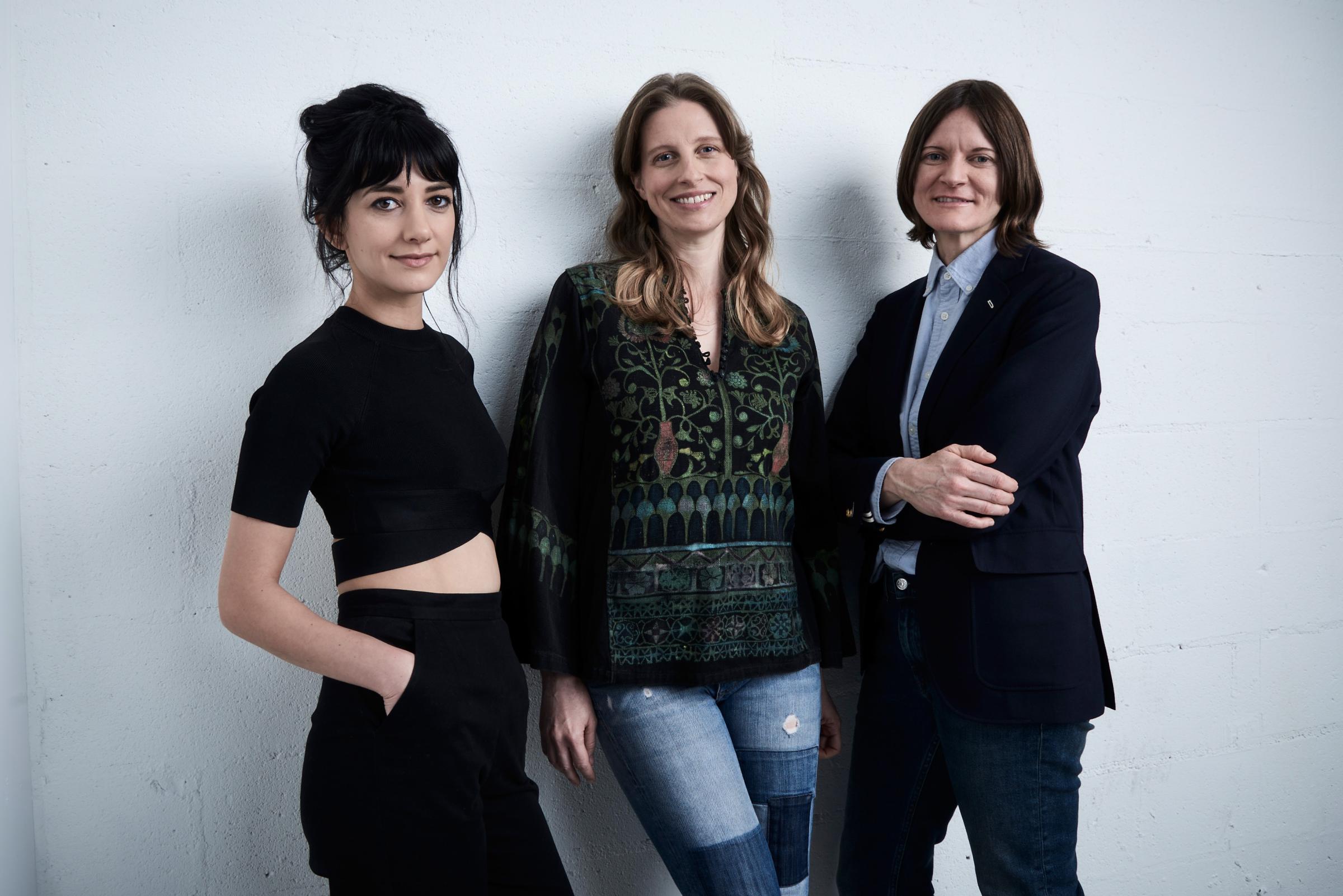
Brooklyn-based filmmaker Ingrid Jungermann won an award for Best Screenplay at this year’s festival for Women Who Kill, which Indiewire described as the “best lesbian horror-comedy ever.” There may not be a wealth of competition in that genre, but the film delivers nonetheless, at once a caustically funny and anxiety-inducing feature debut for the creator of the popular web series “The Slope” and “F to 7th.” The movie centers on the hosts of a podcast about female serial killers, one of whom (played by Jungermann) begins to fear that her new girlfriend (Sheila Vand of A Girl Walks Home Alone at Night) may be a serial killer herself. We’ll be seeing more from Jungermann soon, as she’s currently adapting “F to 7th” for a comedy series at Showtime.
Adult Life Skills
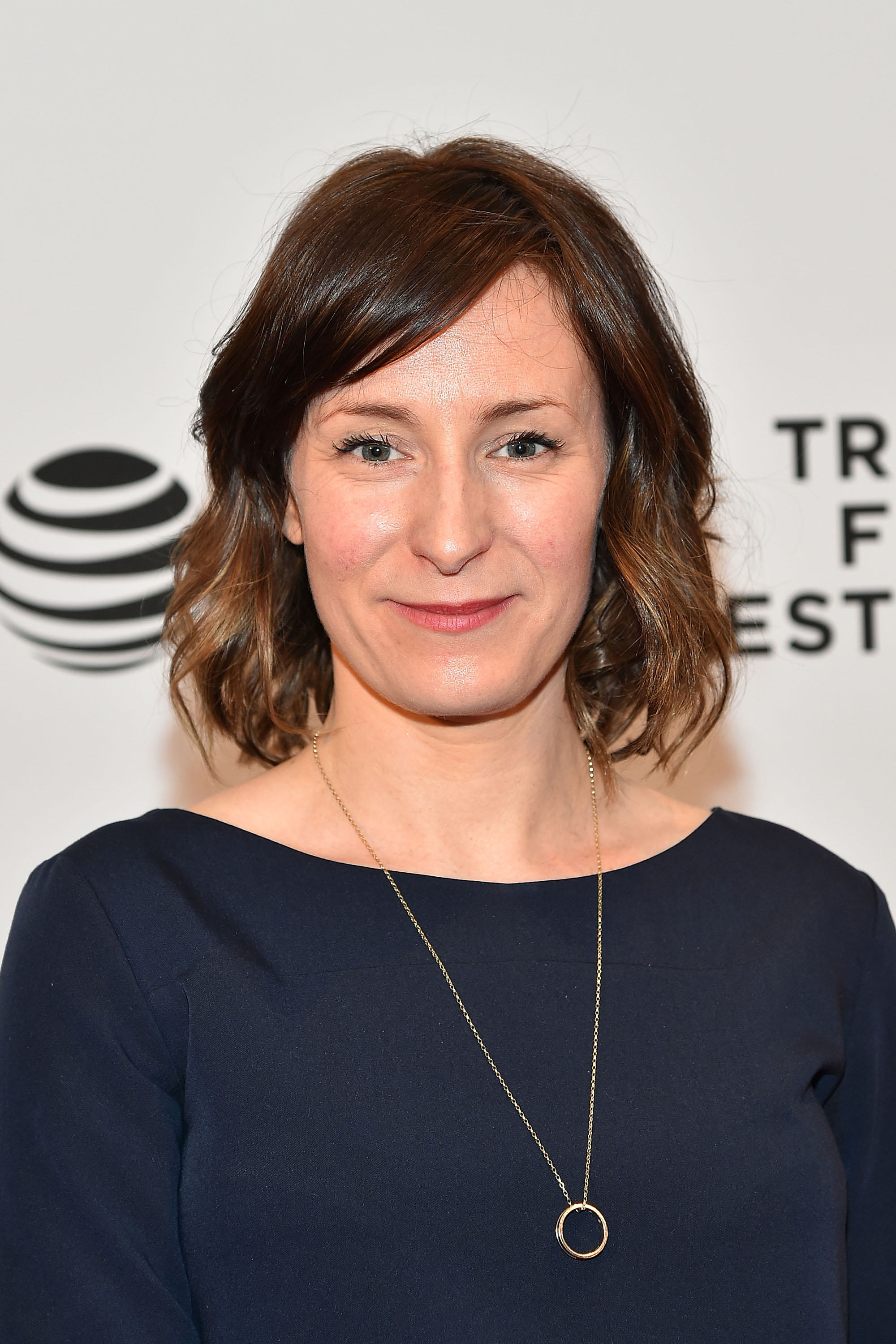
British filmmaker Rachel Tunnard won the 2016 Nora Ephron Prize for her feature debut about a woman who has lost her way in life following the death of her twin brother. Anna (Jodie Whittaker) is about to turn 30, and though her mother would prefer she move out of the toolshed she calls home and find a boyfriend, she spends most of her time making videos that feature her thumbs, with drawn-on faces, navigating a tin-foil spaceship toward the sun. The film is remarkable enough for its endearingly oddball point of view—Anna sees faces in flashing traffic lights and microwaves her clothes dry when she’s running late for work—but it’s Tunnard’s gentle exploration of grief that wins hearts here.
Always Shine
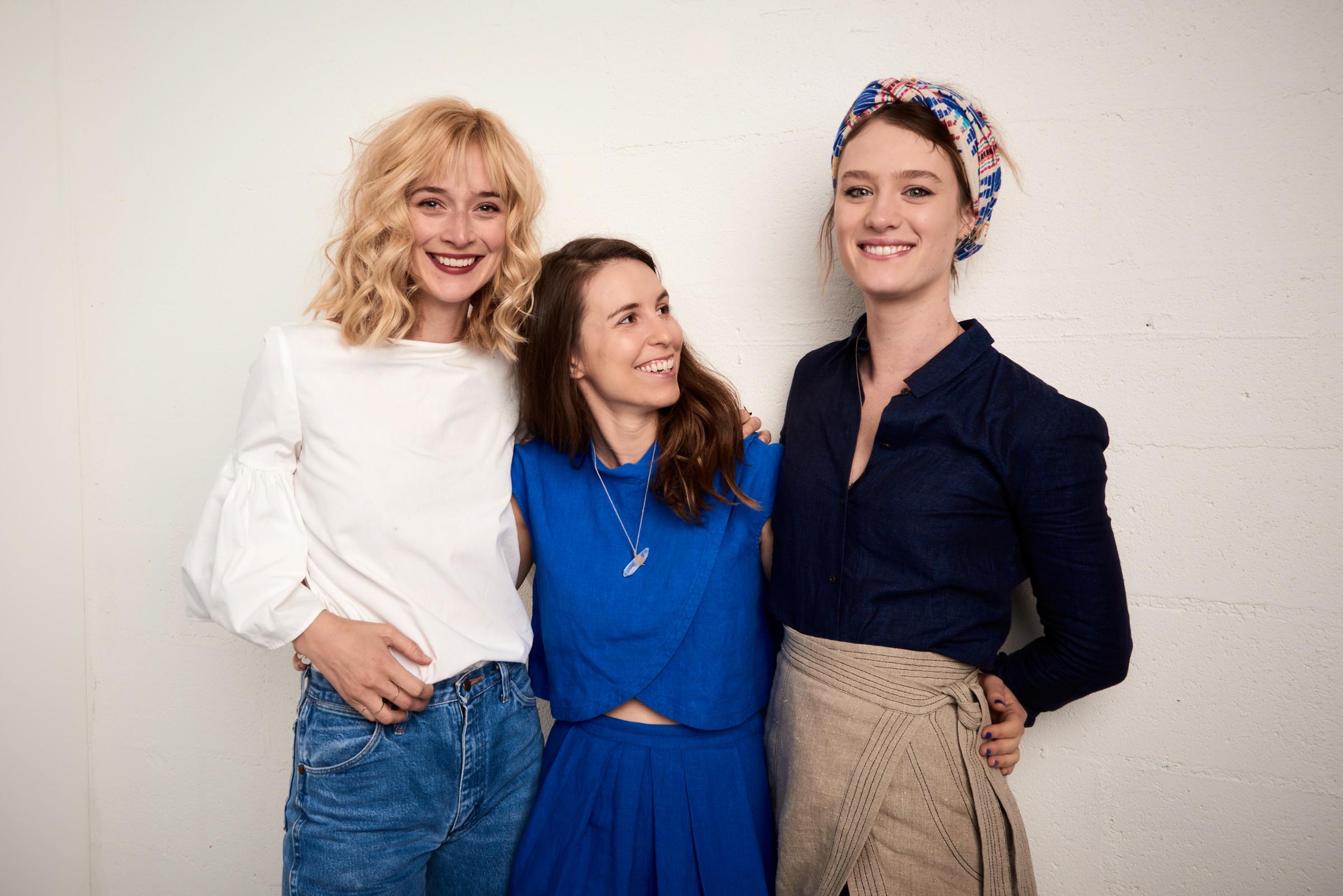
There’s standard-issue jealousy, and then there’s the kind of deep-seated resentment that tears people apart, slowly at first and then suddenly, violently, irreversibly. It’s this intense boil of emotion that drives Sophia Takal’s psychological thriller Always Shine, which finds two actor friends, played by Caitlin FitzGerald (Masters of Sex) and Mackenzie Davis (Halt and Catch Fire), working through their damage in a secluded Big Sur cabin. While their onscreen actresses struggle to reconcile their uneven success and their now complicated friendship, FitzGerald and Davis shine, pretty much always, as they gradually come undone.
More Must-Reads from TIME
- Cybersecurity Experts Are Sounding the Alarm on DOGE
- Meet the 2025 Women of the Year
- The Harsh Truth About Disability Inclusion
- Why Do More Young Adults Have Cancer?
- Colman Domingo Leads With Radical Love
- How to Get Better at Doing Things Alone
- Michelle Zauner Stares Down the Darkness
Write to Eliza Berman at eliza.berman@time.com